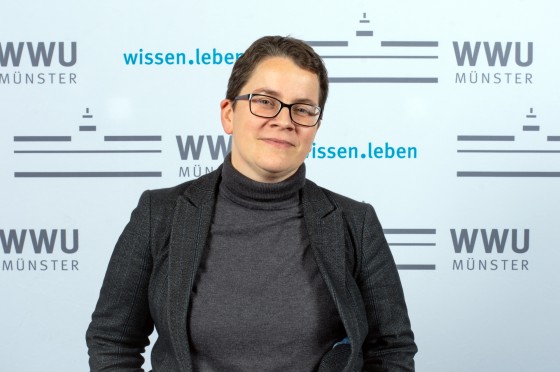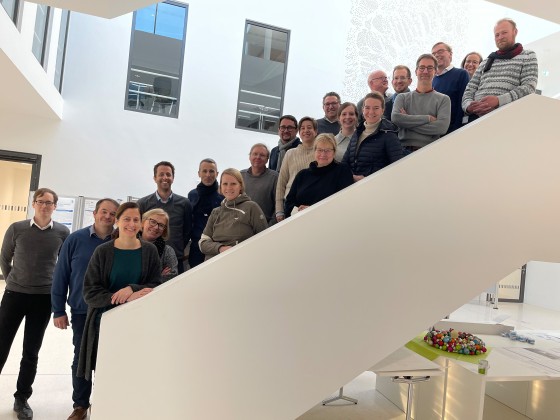
University of Münster receives funding of 7.3 million euros for two research groups
Over seven million euros in funding for the University of Münster: the German Research Foundation (DFG) has given its approval for a new research group from the Humanities and is continuing its support for a clinical research group in the field of medicine. One of the objectives which the new group entitled “Xenocracy at Local Levels. Administration and Cultural Intermeshing in the Pre-Modern Period” is to enable an investigation to be made into the much-discussed phenomenon of foreign rule in the pre-modern period. The results of the “Organ Dysfunction as Part of Systemic Inflammation Syndromes” research alliance are to help in the development of strategies for the treatment of patients with systemic inflammations.
“Xenocracy at Local Levels. Administration and Cultural Intermeshing in the Pre-Modern Period”

One thing the researchers will be doing is focusing on the localisation of foreign rule, the ways in which it functioned and was communicated, and the forms of symbolic representation locally. Another objective will be to investigate administrations, their representatives and administrative practices. In the seven subprojects, research will be carried out into forms of xenocracy in Europe north of the Alps, Latin America, the Mediterranean area, China and India. Specialists from various disciplines will be coming together: from History, Art History, Coptology, Sinology and Papyrology. This will make possible a comparative study of geographical areas and historical constellations which are seldom discussed together.
The research group is a collaboration between the Universities of Münster, Cologne and Freiburg. Those from Münster who are involved are – besides Ulrike Ludwig as spokeswoman – Ancient Historians Prof. Hans Beck and Prof. Patrick Sänger, Coptologist Prof. Gesa Schenke, Medieval Historian Prof. Wolfram Drews and Art Historians Prof. Jens Niebaum and Prof. Eva-Bettina Krems. The research group will be receiving around 2.5 million euros in funding over the coming four years.
“Organ Dysfunction as Part of Systemic Inflammation Syndromes”

The molecular mechanisms involved in damage to organs during systemic inflammations such as sepsis are not completely understood. There is not, so far, any causal treatment strategy which would prevent the development of multi-organ failure in this context. The research group is therefore taking an integrated approach, combining basic research and clinical science with the aim of identifying relevant molecular, immunological and cellular signalling paths which are involved in any disruption to an organ’s functioning during systemic inflammation and sepsis. “Adopting this approach enables us to take important findings from the laboratory and bring them to the patient’s bed, which is a decisive support for clinical translation,” says Prof. Alexander Zarbock, the spokesman for the research alliance. “Our research results will help to develop new strategies in future for the treatment of patients with systemic inflammations.”
“In the first period of funding we were able to obtain important findings on the molecular bases of systemic inflammation and the corresponding effects in patients,” explains Prof. Jan Rossaint. “Now, our focus will be primarily on the identification of inherent differences in the occurrence and the features of the disease in patients affected. This is a necessary condition for personalised medicine.” The clinical research group brings together projects with a focus on different organ systems from the fields of inflammation, cell biology, imaging, microbiology and the clinical management of sepsis and organ failure – and this creates a strong scientific network for the topic.
Information on DFG research groups
These groups enable researchers to devote themselves to current or pressing issues in their specialist fields and to establish innovative new routes for their work. Clinical research groups are also characterized by close ties between scientific and clinical work, while research groups in a Kolleg are tailored to specific forms of work in the Humanities and the Social Sciences.
